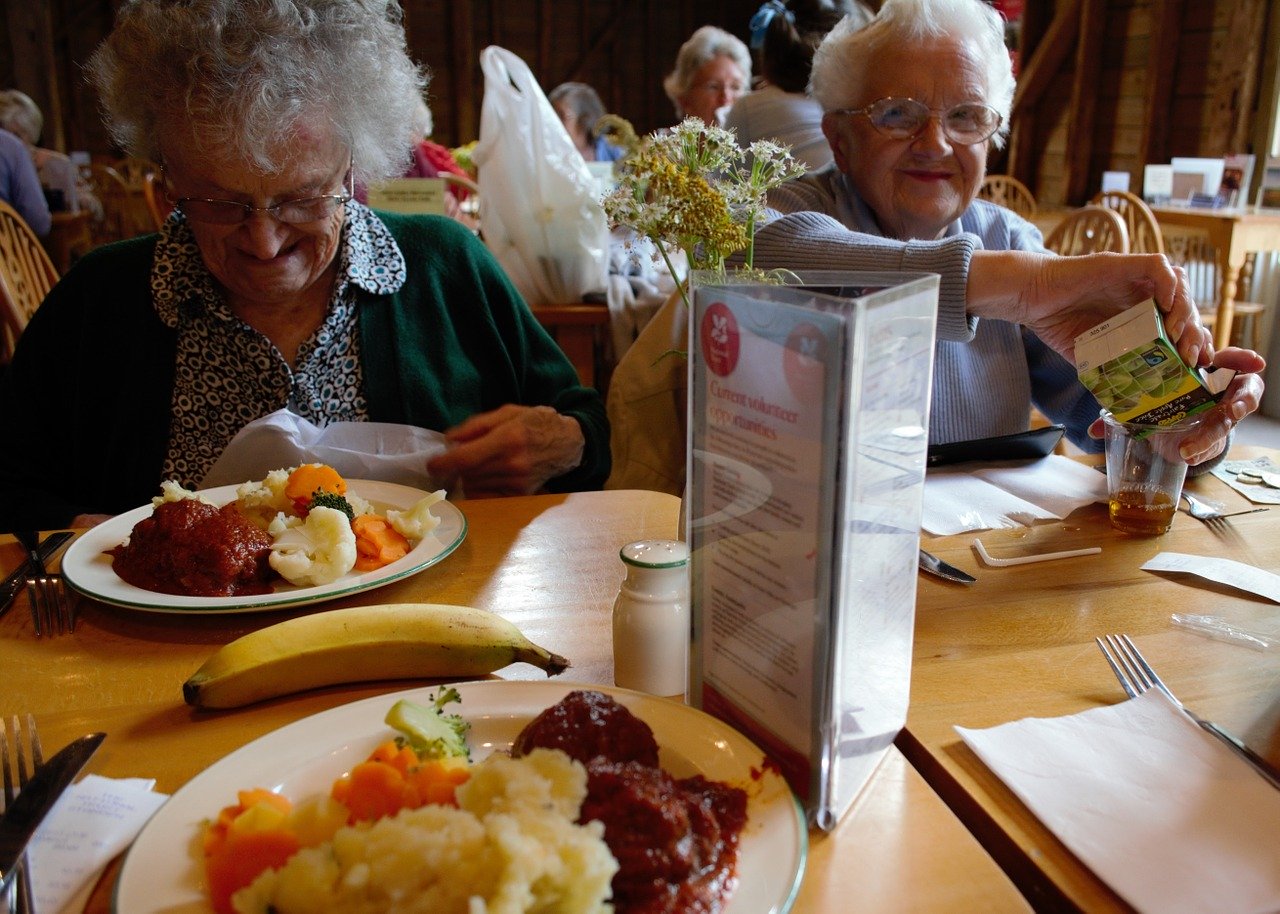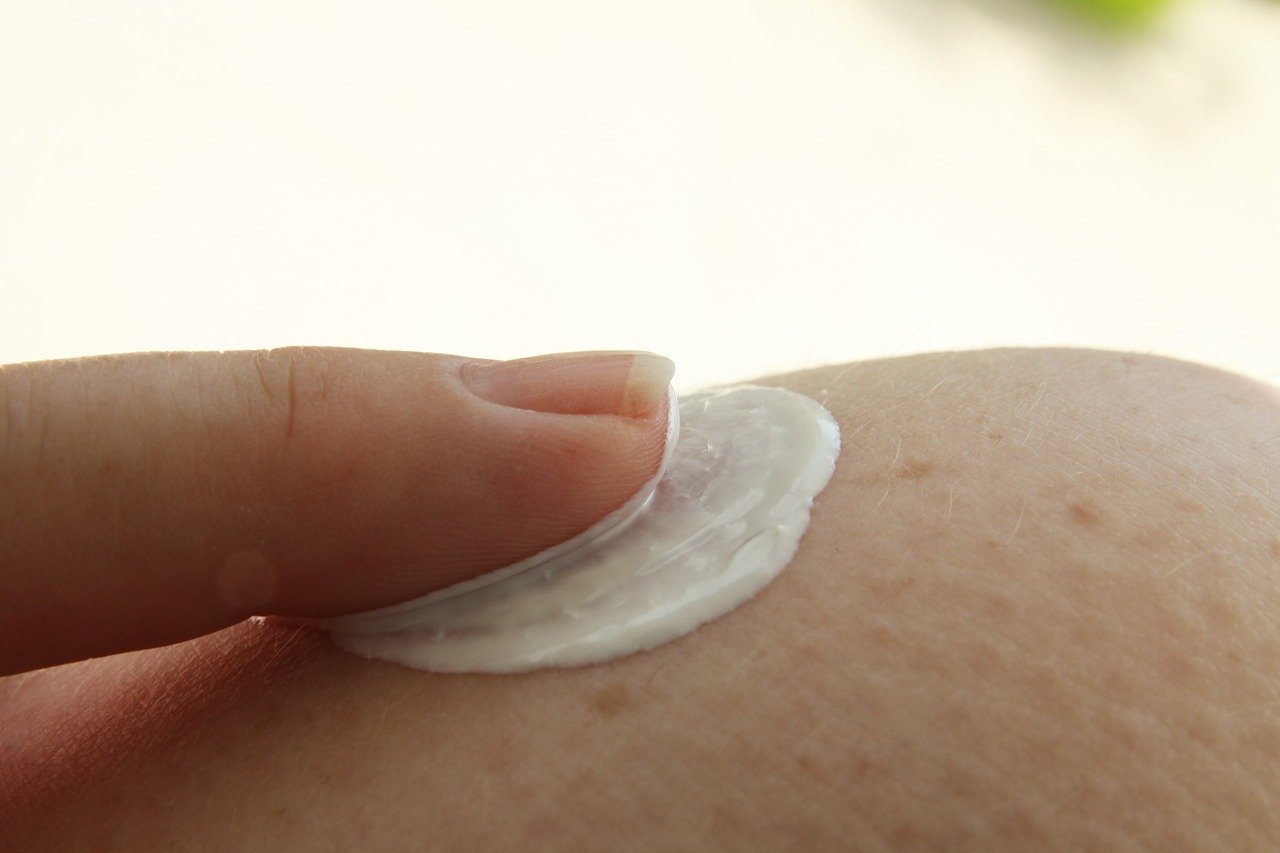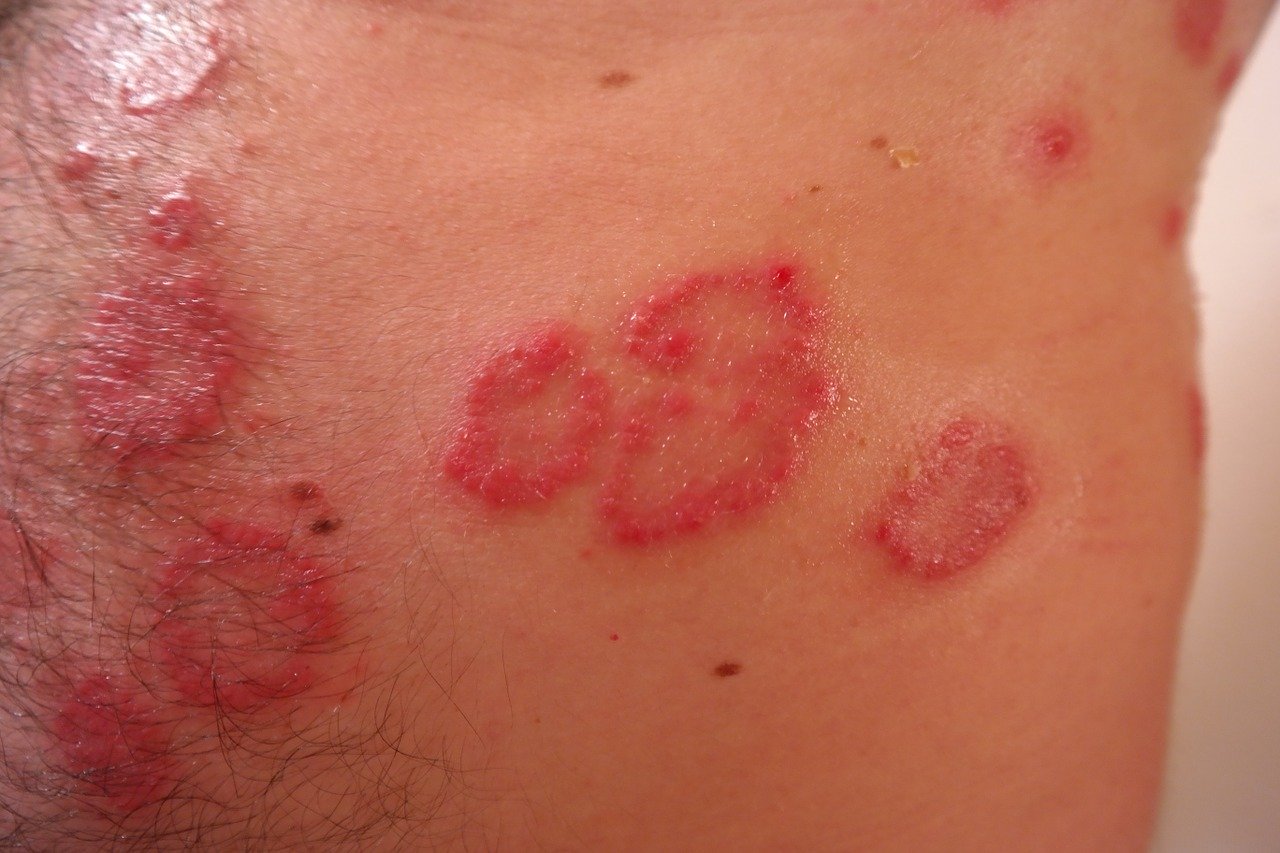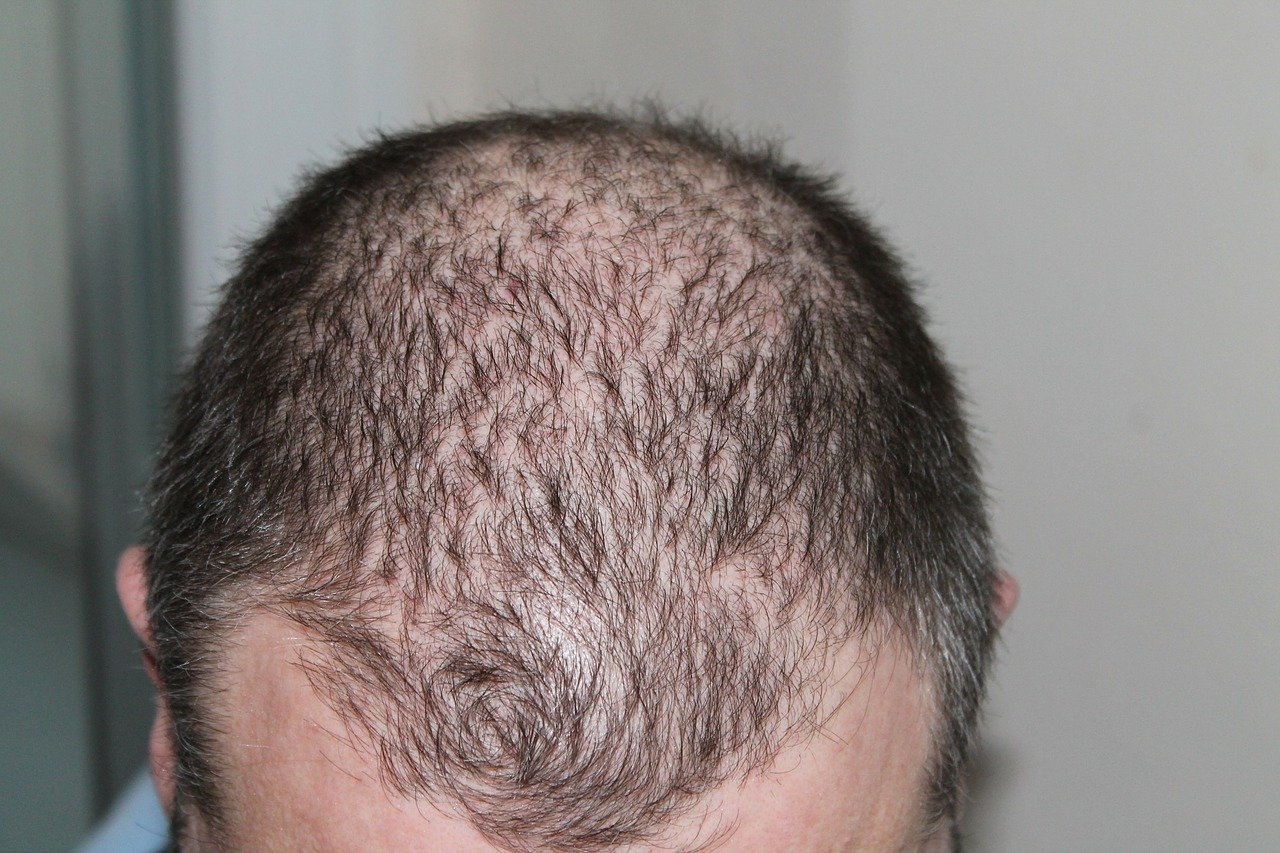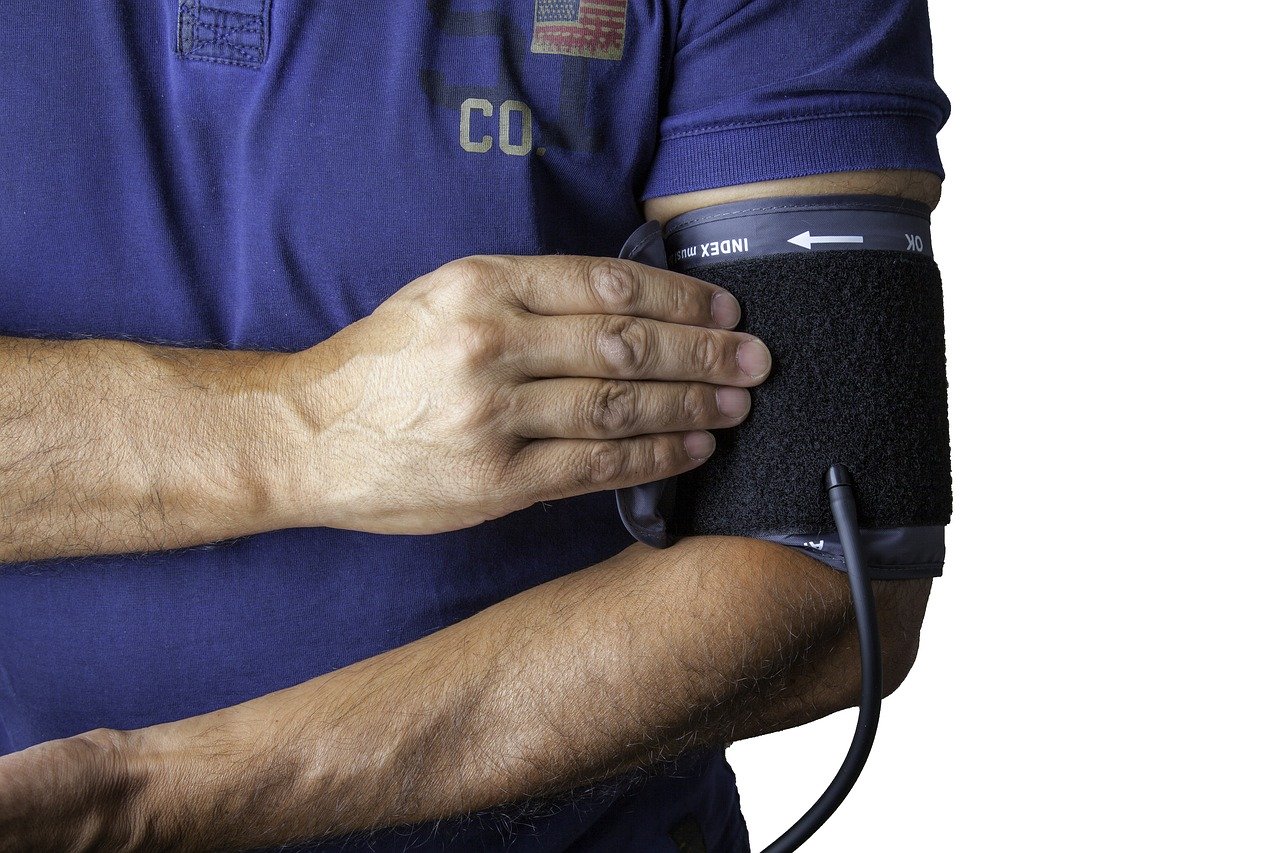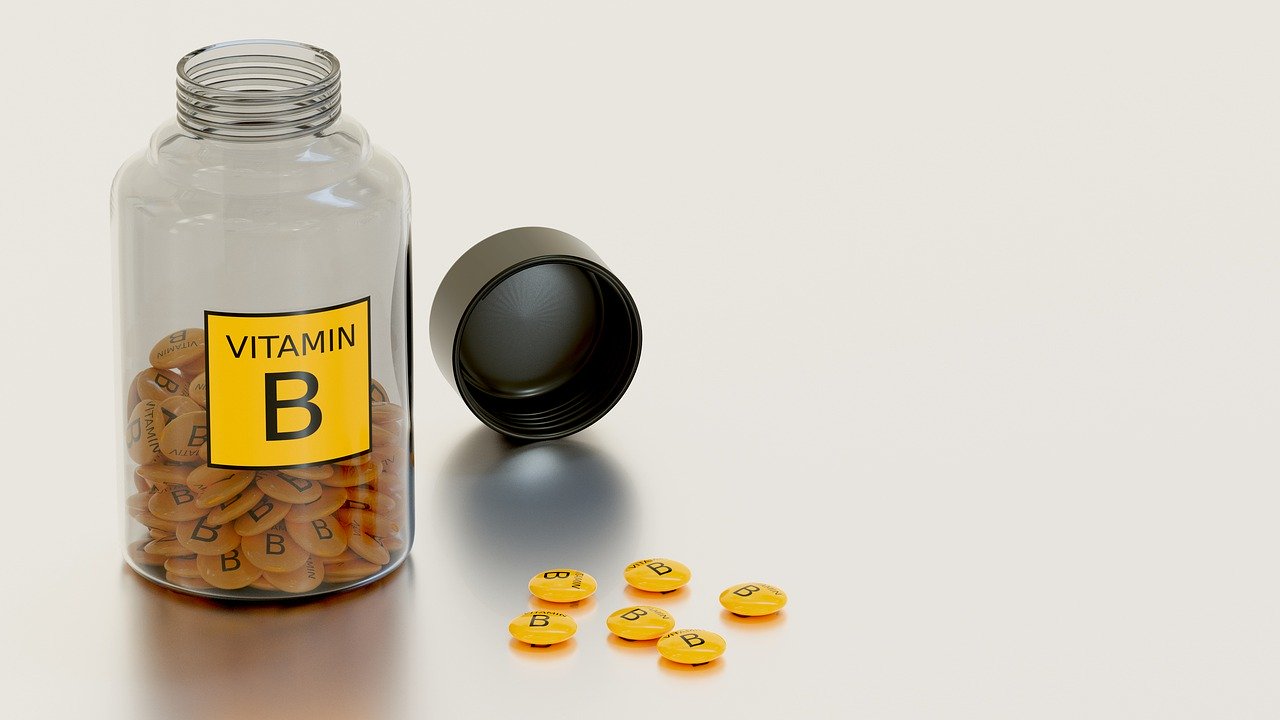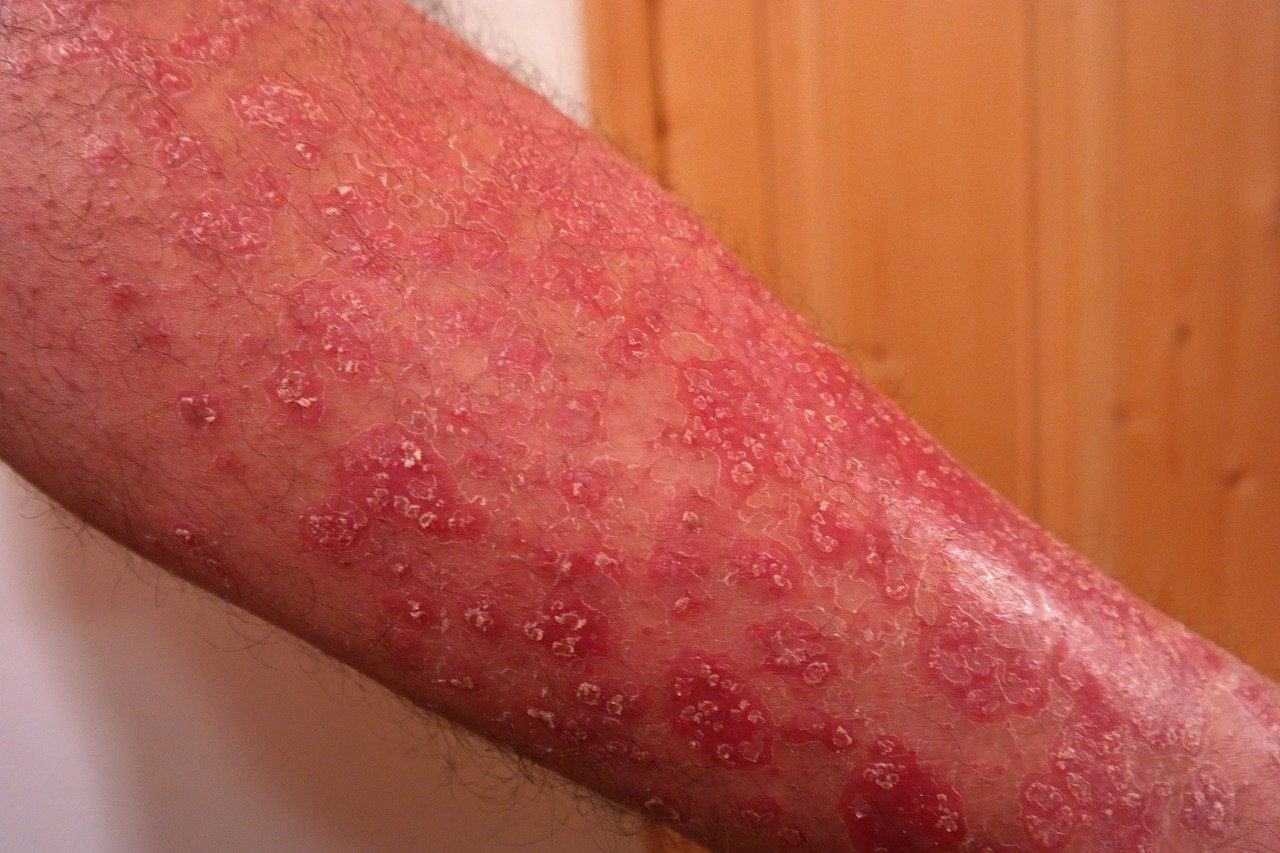In December 2019 researchers from Norway published the results of their study to assess the association between sleep duration and symptoms of emotional and behavioral disorders in children. A total … Read more
Drinking one glass of wine per day is associated with a reduced incidence of chronic kidney disease and cardiovascular disease as well as a reduced risk of cardiovascular disease in those with chronic kidney disease
In November 2018 researchers from the USA published the results of their study to assess the association between wine consumption and the incidence of chronic kidney disease and cardiovascular disease. … Read more
Greater technology use appears to be associated with more sleep-wake problems and less time in bed in all adolescents, but the association between the amount of technology usage and teacher-rated daytime sleepiness only appears to be seen in adolescents with attention deficit/hyperactivity disorder
In June 2019 researchers from the USA published the results of their study to assess the differences in types and amount of technology used by adolescents and its association with … Read more
Scientists, public health practitioners and parents need to better understand the content of their child’s screen time, how they use screens to fulfill specific needs, and how their interaction with screens has an impact on their health and choices
In May 2020 researchers from the USA published their review on the association of extended television viewing with obesity in adolescents. The researchers stated that on a global basis, adolescent … Read more
Scientists, public health practitioners and parents need to better understand the content of their child’s screen time, how they use screens to fulfill specific needs, and how their interaction with screens has an impact on their health and choices
In May 2020 researchers from the USA published their review on the association of extended television viewing with obesity in adolescents. The researchers stated that on a global basis, adolescent … Read more
A life filled with worthwhile activities may promote well-being and healthy aging in the older individual
In January 2019 researchers from the UK published the results of their study to assess the wider implications of feeling that the things undertaken in one’s life are worthwhile. A … Read more
Moderate wine intake, especially red wine, at 1-2 glasses per day as part of the Mediterranean diet, appears to be associated with disease prevention and an improvement in disease prognosis
In August 2018 researchers from Greece published their review of the medical scientific literature to assess the association between moderate wine consumption and health. The researchers stated that moderate wine … Read more
Research suggests that currently available probiotic strains in supplements probably make little or no difference in improving eczema symptoms
In November 2018 researchers from the UK published their review of the medical scientific literature to assess the effect of probiotics in the treatment of eczema. A total of 39 … Read more
Environmental factors as well as the gut microbiota may strongly influence the development of psoriasis and its progression
In March 2020 researchers from Italy, USA and Serbia published their review on the interactions between the skin, microbiome, gut microbiota and psoriasis. The researchers stated that psoriasis is alternatively … Read more
A greater adherence to the Okinawan dietary pattern appears to be significantly associated with a reduced incidence of ischaemic heart disease
In February 2020 researchers from China and Australia published the results of their study to assess the association between the Australian Dietary Guidelines 2013, Mediterranean-DASH diet Intervention for Neurodegenerative Delay … Read more
Diets, such as the MIND diet, which contain phenolic compounds, omega-3 fatty acids, fat-soluble vitamins, isothiocyanates, and carotenoids may reduce the risk of Alzheimer’s disease
In March 2020 researchers from Poland published their review on the role of certain bioactive compounds that appear to be effective in preventing neurodegeneration. The researchers stated that neurodegeneration is … Read more
There is currently insufficient good-quality evidence to support a recommendation for iodine supplementation in pregnant women who are mildly-to-moderately deficient
In April 2020 researchers from the UK published their review of the medical scientific literature to assess the effect of iodine supplementation in mildly-to-moderately deficient pregnant women on maternal and … Read more
A vitamin or mineral deficiency or a severe reduction in carbohydrate intake may contribute to hair loss
In March 2019 researchers from Saudi Arabia and the USA published their review of the medical scientific literature to assess the role of vitamins and minerals in hair loss. A … Read more
Maternal healthy eating patterns during the period surrounding pregnancy do not appear to be independently associated with offspring overweight risk at ages 12-23 years
In March 2020 researchers from the USA, Germany and Austria published the results of their study to assess whether maternal diet quality during the period surrounding pregnancy is related to … Read more
A higher quality diet appears to be associated with a lower liver fat content and a lower incidence of non-alcoholic fatty liver disease
In March 2020 researchers Germany and the USA published the results of their study to assess the association between food consumption and liver fat content. A total of 136 individuals … Read more
Consuming healthy diets appear to be effective in reducing both systolic and diastolic blood pressure, with high-fibre and low-sodium diets appearing to produce the greatest reductions in systolic and diastolic blood pressure in individuals with diabetes type 2
In April 2020 researchers from Iran and Puerto Rico published their review of the medical scientific literature to assess the effect of different dietary approaches on systolic and diastolic blood … Read more
A higher adherence to the DASH diet appears to be associated with lower blood pressure, abdominal fat rating and waist circumference in university students
In March 2020 researchers from Spain published the results of their study to assess the association between adherence to the Dietary Approaches to Stop Hypertension (DASH) diet and blood pressure … Read more
Adults genetically at risk of developing hypertension who take vitamin B2 (riboflavin) supplementation may reduce their systolic blood pressure by up to 13 mmHg, which could be clinically important seeing that a 10 mmHg reduction in systolic blood pressure is estimated to decrease the risk of stroke by 40%
In April 2020 researchers from the UK published their review to assess the association between nutrition and risk of hypertension. Hypertension contributes to over 9 million deaths per annum, mainly … Read more
An aggressive weight loss programme in overweight/obese individuals with chronic plaque psoriasis may significantly reduce the area of body surface involved and itch severity with a resultant improvement in the quality of life
In February 2020 researchers from Italy published the results of their study to assess the effectiveness of an aggressive weight-loss programme in overweight/obese individuals with chronic plaque psoriasis. A total … Read more
Wine consumption, especially red wine, appears to influence the function of human organs, prevents disease and reduces damage to the cardiovascular system
In July 2018 researchers from Czech Republic and Slovakia published their review on how wine consumption influences the function of human organs, prevents diseases and reduces damage to the cardiovascular … Read more






